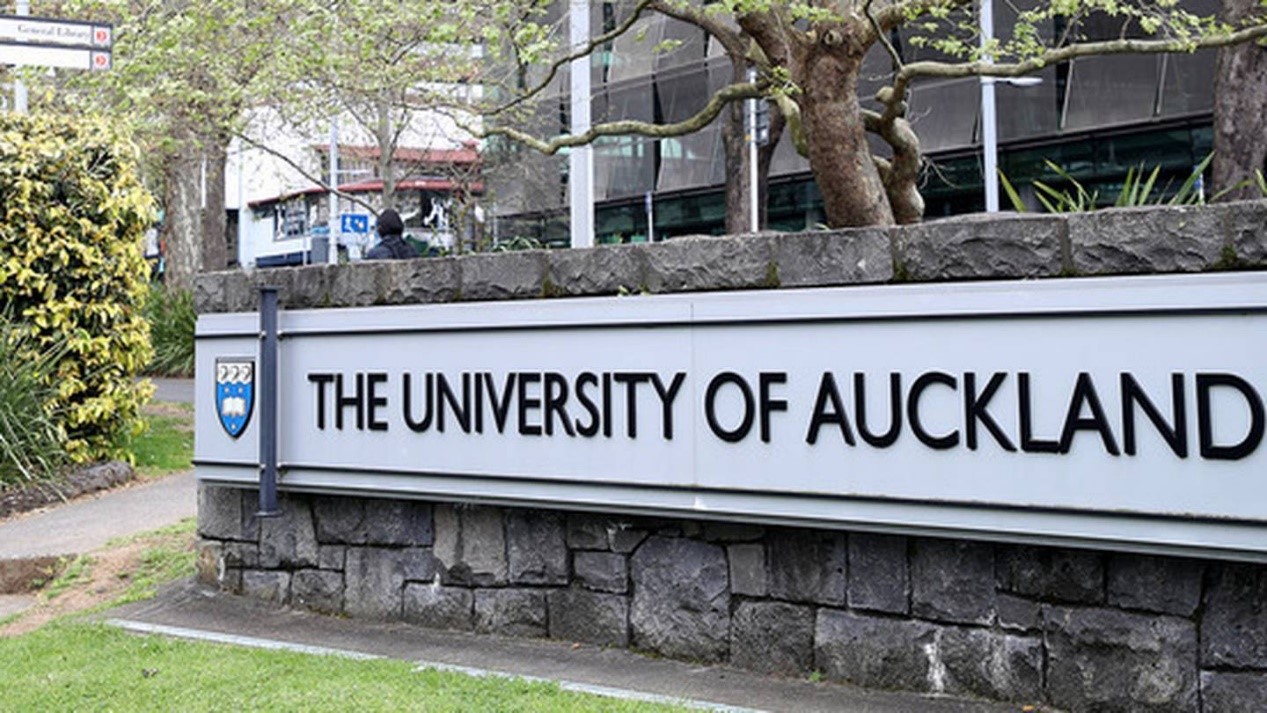Title:
Biomedical Imaging and AI Applications in Neurorehabilitation
Date:
November 14th, 2025 (UTC+12)
Organizer:
The University of Auckland
Symposium Chair:
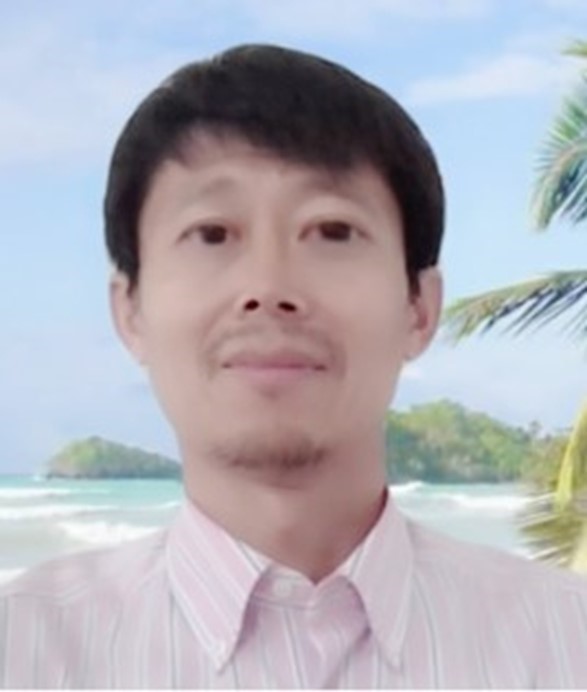
Dr. Alan Wang
Personal Bio:
Dr. Alan Wang is a principal investigator and Associate Professor at The University of Auckland. He has more than ten years of research experience in bioengineering informatics and integrated medicine, especially in advancing the role of medical informatics in health care. His research interests include bioengineering, data informatics, neurocomputing, and biomedical statistics and simulation. He has developed medical data analytics methods for mobile health and personalized diagnosis and prognosis based on intelligent computing theories. He has experience analyzing huge cohorts of patient data with applications of early diagnosis, disease understanding, and effective treatment of patients with different disorders. He serves as an Editorial Board Member and an Active Reviewer for several international journals.
Call for Papers
Background:
Biomedical imaging and artificial intelligence (AI) are rapidly transforming neurorehabilitation by enabling precise diagnosis, prognosis, and personalized therapy planning for patients with neurological disorders. Advances in neuroimaging modalities—such as MRI, CT, and functional imaging—combined with AI techniques, including deep learning, computer vision, and predictive modeling, allow clinicians and researchers to extract meaningful biomarkers of brain injury and recovery potential. These insights support targeted interventions for conditions such as stroke, traumatic brain injury, and neurodegenerative diseases. AI-powered rehabilitation systems can integrate imaging data with real-time sensor feedback, adaptive algorithms, and virtual or augmented reality environments to optimize therapy intensity, timing, and modality. This multidisciplinary field merges expertise from neurology, biomedical engineering, informatics, and rehabilitation sciences, offering a pathway toward more effective, cost-efficient, and patient-specific neurorehabilitation strategies. As technology continues to evolve, the convergence of biomedical imaging and AI holds significant promise for reshaping clinical practice and improving long-term patient outcomes.
Goal/Rationale:
The symposium of Biomedical Imaging and AI Applications in Neurorehabilitation will bring together clinicians, researchers, and engineers to discuss how advanced imaging modalities—such as MRI, CT, and functional neuroimaging—combined with AI techniques like deep learning, predictive modeling, and automated image analysis can advance the diagnosis, prognosis, and treatment of neurological disorders. Special emphasis will be placed on applications in stroke rehabilitation, traumatic brain injury, and neurodegenerative diseases, where imaging biomarkers can guide personalized interventions and monitor recovery. The symposium will also highlight AI-powered tools for therapy planning, image-guided interventions, and adaptive rehabilitation systems that respond to patient progress in real time. By fostering interdisciplinary collaboration, the event aims to accelerate the translation of AI-driven imaging innovations into clinical practice, improving patient outcomes and shaping the future of neurorehabilitation worldwide.
Scope and Information for Participants:
Detailed research topics include, but are not limited to:
- AI-Driven Multimodal Neuroimaging Data Analysis
- Graph-Based Analysis and Complex Network Modeling in Brain Connectivity
- Longitudinal Imaging and Clinical Data for Neurological Disease Progression Modeling
- Interpretability, Explainability, and Scalability in Neurorehabilitation AI Models
- Integration and Standardization of Multi-Center Neuroimaging and Clinical Datasets
- Domain Adaptation, Transfer Learning, and Data Harmonization in Brain Imaging AI
- Unsupervised and Self-Supervised Learning for Neurological Disorder Classification
- Deep Learning for Brain MRI, CT, and Functional Neuroimaging
- Synthetic Data and Cross-Modality Neuroimage Generation
- Uncertainty Estimation in AI Models for Neurological Diagnosis and Prognosis
- AI-Enabled Biomarker Discovery for Early Detection of Neurological Disorders
- AI-Powered Prediction of Rehabilitation and Intervention Outcomes
- Post-Stroke Recovery Prediction and AI-Assisted Rehabilitation Planning
- Detection and Prognosis of Neurodegenerative Diseases (e.g., AD, PD, ALS)
- Medical Imaging in Neurogenetics and Personalized Neurorehabilitation
- AI-Guided Neurosurgical Planning, Navigation, and Image-Guided Interventions
- AI-Driven Smart Neurorehabilitation Technologies for Personalized Therapy
- Development of Open-Access Neuroimaging Databases for AI Research
Topics:
The main topics of this symposium are listed below.
Biomedical Engineering and Bioinformatics
- Biomarker Discovery
- Biomedical and Health Informatics
- Biomedical Engineering Education and Society
- Biomedical Intelligence
- Biomedical Sensors and Wearable Systems
- Biomedical Signal/Image Analysis
- Biomedical Text Mining and Ontologies
- Biorobotics and Biomechanics
- Clinical Data Analysis
- Electronic Health Record
- Genome-Phenome Analysis
- Pathogen bioinformatics
- Therapeutic & Diagnostic Systems and Technologies
- Translational Engineering for Healthcare Innovation and Commercialization
Meanwhile, submissions aligned with the overall conference theme are also welcome.
Public Health and Environment
- Atmospheric Sciences and Meteorology
- Biostatistics
- Community Health
- Disease Control
- Environmental Health
- Epidemiology
- Food Biotechnology
- Food Nutrition and Health
- Food Process Design and Engineering
- Food Safety and Quality Control
- GIS
- Natural Resource Management
- Remote Sensing Technology
- Vaccination
Basic and Clinical Medicine
- Anatomy
- Anesthesiology
- Dermatology
- General Surgery
- Hematology
- Human Physiology
- Immunology
- Internal Medicine
- Medical Biochemistry
- Medical Cell Biology
- Medical Genetics
- Medical Microbiology
- Medical Statistics
- Medical Virology
- Neurosurgery
- Nursing and Health Care
- Occupational Medicine
- Ophthalmology
- Oral and Maxillofacial Surgery
- Otorhinolaryngology
- Pathology
- Pediatrics
- Physical Medicine and Rehabilitation
- Radiation Medicine
- Radiology
- Tissue Embryology
- Traditional Chinese Medicine and Pharmacy
- Urology
Pharmaceutical Research and Drug Therapy
- Medicinal Chemistry and Biochemistry
- Pharmaceutics and Synthesis
- Pharmacogenomics, Cell Biology, and Molecular Biology
- Pharmacodynamics, Pharmacokinetics, and Drug Delivery
- Pharmaceutical toxicology
- Pharmacognosy and Natural Drugs
Submission:
Prospective authors are kindly invited to submit full papers that include title, abstract, introduction, tables, figures, conclusion and references. It is unnecessary to submit an abstract in advance. Please submit your papers in English.
Each paper should be no less than 4 pages. One regular registration can cover a paper of 6 pages, and additional pages will be charged. Please format your paper well according to the conference template before submission. Paper Template Download
Please prepare your paper in both .doc/.docx and .pdf format and submit your full paper by email with both formats attached directly to sympo_auckland@icmmgh.org
Important Dates:
| Process | Date & Time |
|---|---|
| Submission Deadline | November 7, 2025 |
| Symposium Date | November 14, 2025 |
| Notification of Acceptance | 7-20 workdays |
Publication:
Accepted papers of the symposium will be published in Theoretical and Natural Science (TNS) (Print ISSN 2753-8818), and will be submitted to Conference Proceedings Citation Index (CPCI), Crossref, CNKI, Portico, Engineering Village (Inspec), Google Scholar and other databases for indexing. The situation may be affected by factors among databases like processing time, workflow, policy, etc.
Publication info
Title: Theoretical and Natural Science (TNS)
Press: EWA Publishing, United Kingdom
ISSN: 2753-8818, 2753-8826 (electronic)
This symposium is organized by ICMMGH 2026 and it will independently proceed the submission and publication process.
* The papers will be exported to production and publication on a regular basis. Early-registered papers are expected to be published online earlier.
Highlights:
The Symposium of Biomedical Imaging and AI Applications in Neurorehabilitation was held on Friday, 14 November 2026, at the University of Auckland as part of the 4th International Conference on Modern Medicine and Global Health (ICMMGH 2026). The symposium brought together researchers, clinicians, and students from diverse disciplines to explore the latest advances in neuroimaging, artificial intelligence, machine learning, and intelligent neurorehabilitation.
The programme showcased cutting-edge research across stroke outcome prediction, brain frailty and small-vessel disease modelling, functional and motor recovery forecasting, and multimodal MRI analysis in early brain development. Presentations highlighted innovative AI methodologies such as federated learning, machine unlearning, curriculum learning for dense prediction networks, and interpretable neurosymbolic approaches. The symposium also emphasised emerging connections with brain–computer interface (BCI) technologies and data-driven neurorehabilitation tools.
A central theme was the integration of advanced computational models with clinically relevant biomarkers to improve prediction accuracy, interpretability, and translational impact. Discussions addressed the challenges of dataset variability, ethical and practical considerations in deploying AI systems in healthcare settings, and opportunities for collaborative research—including shared datasets and cross-institutional validation for reproducible science.
Overall, the symposium provided a dynamic platform for exchanging ideas and fostering new collaborations, advancing the intersection of neuroimaging, AI, and intelligent neurorehabilitation within the global medical research community.
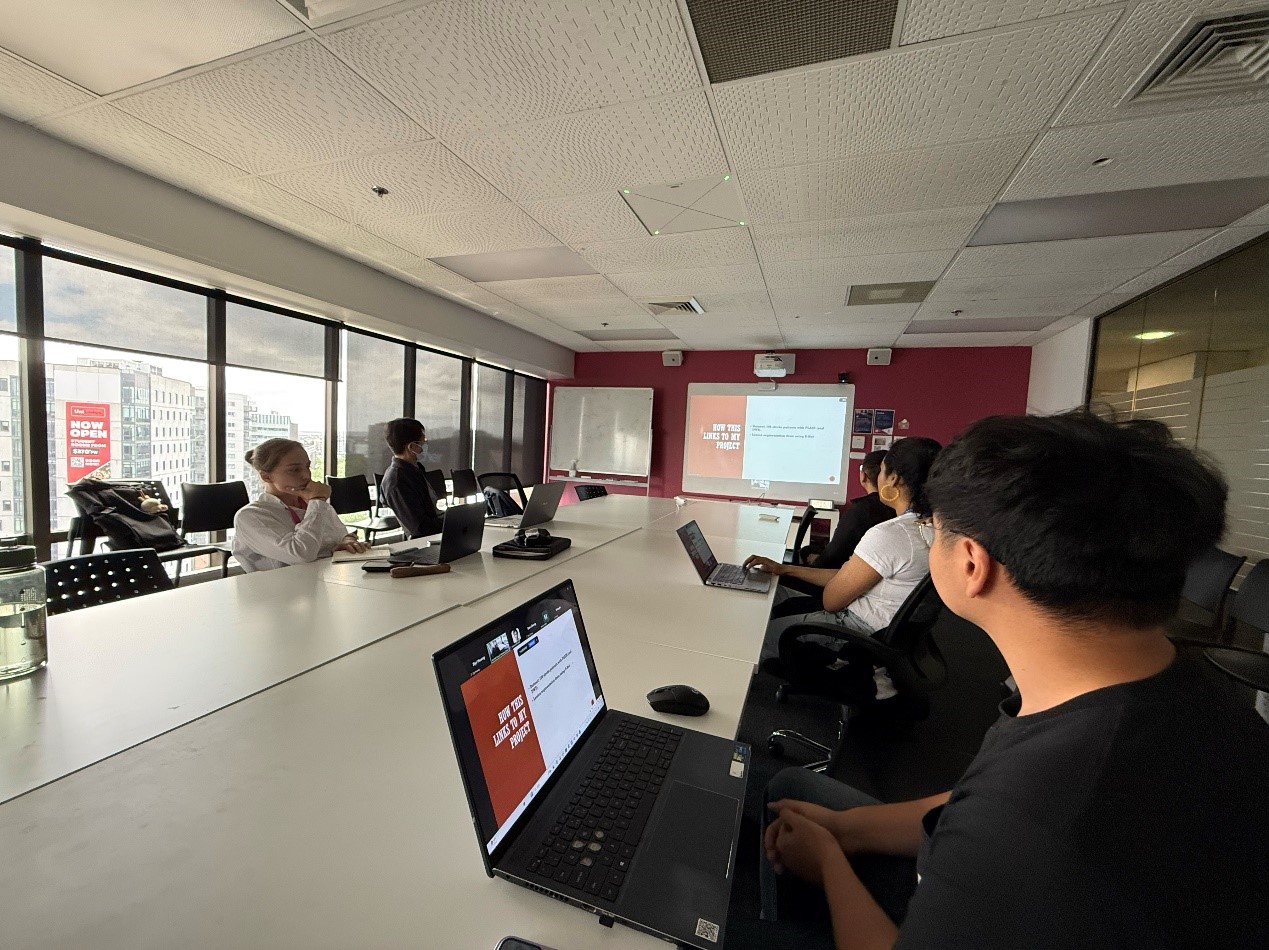
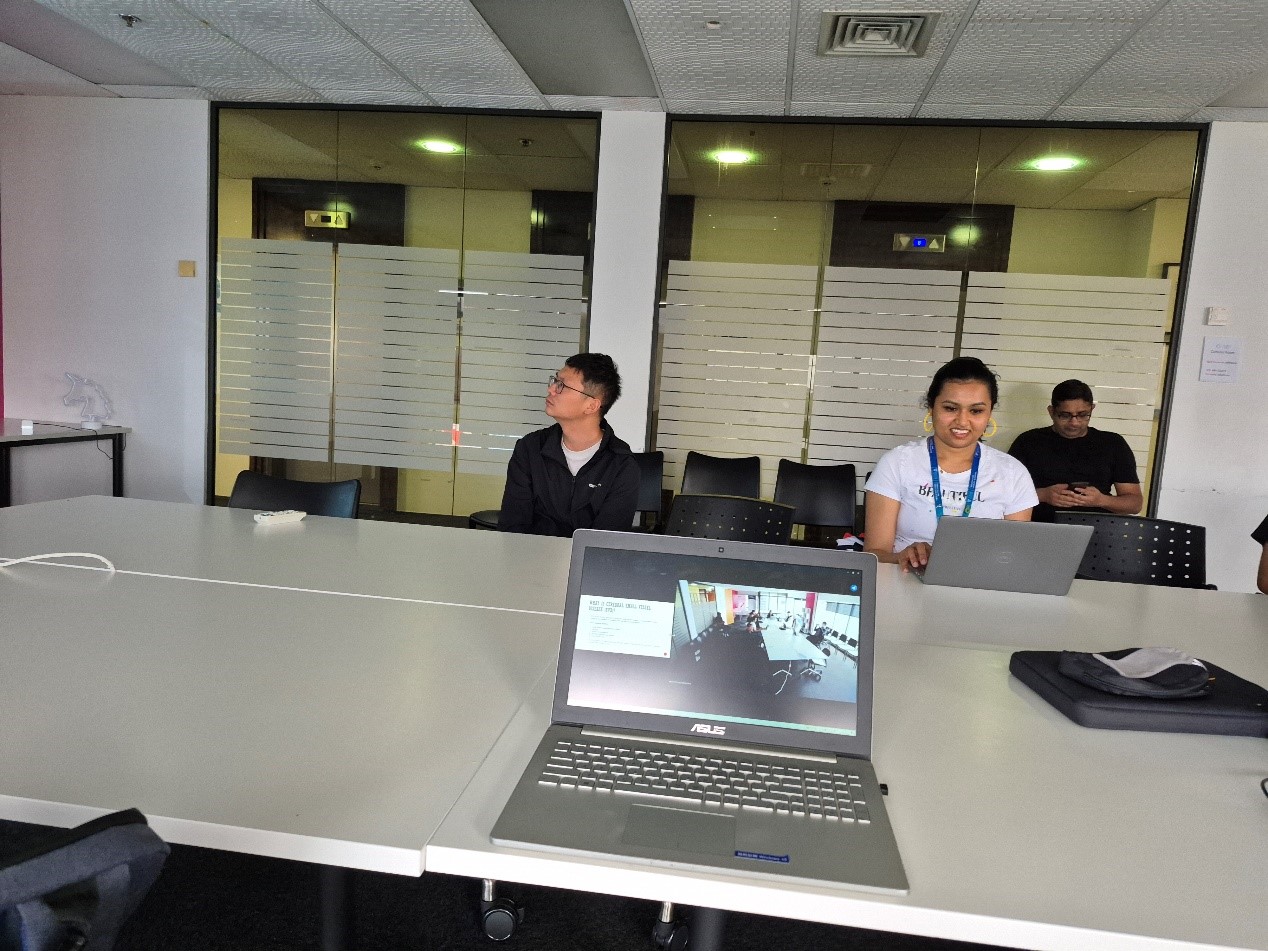
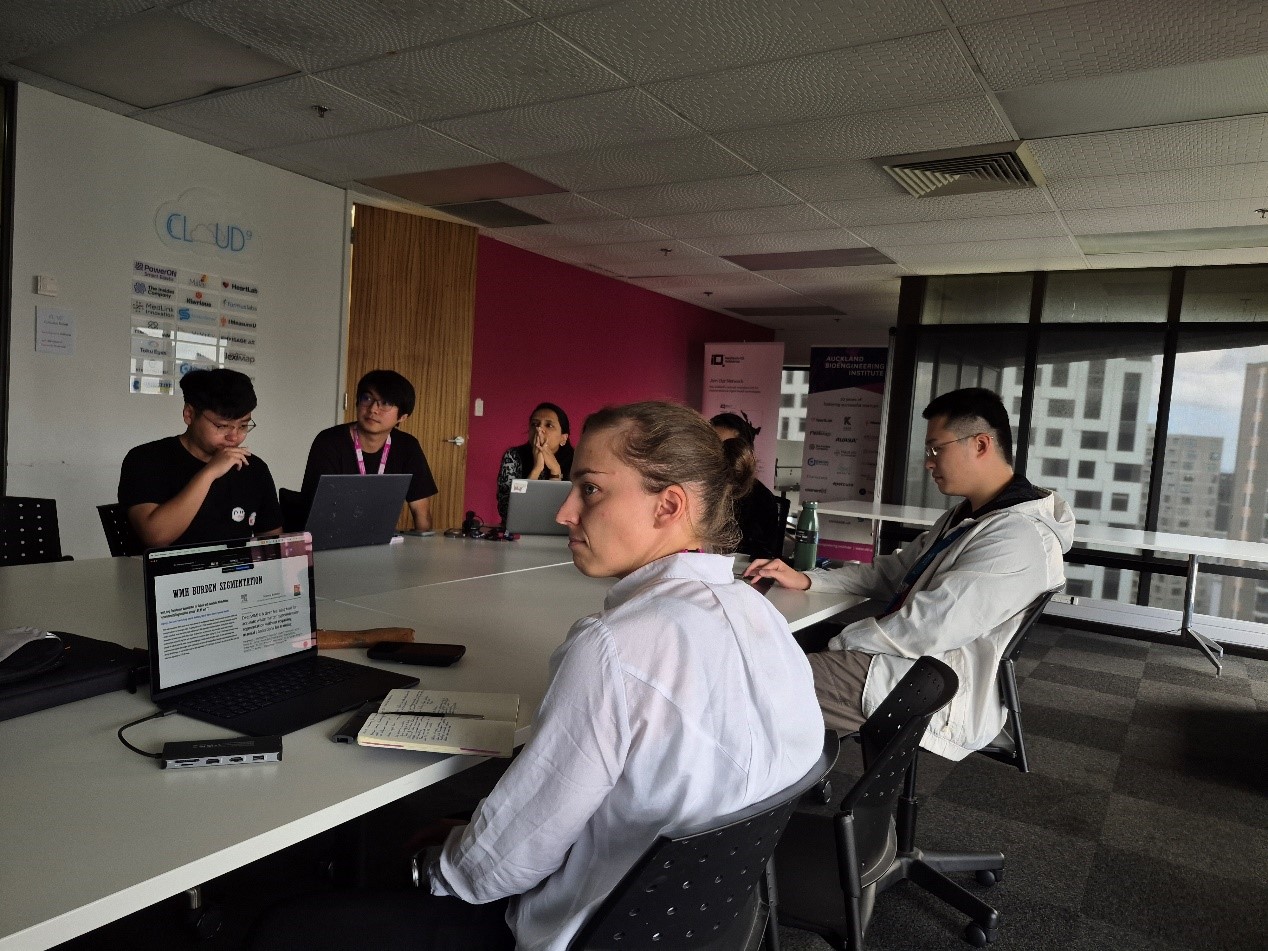
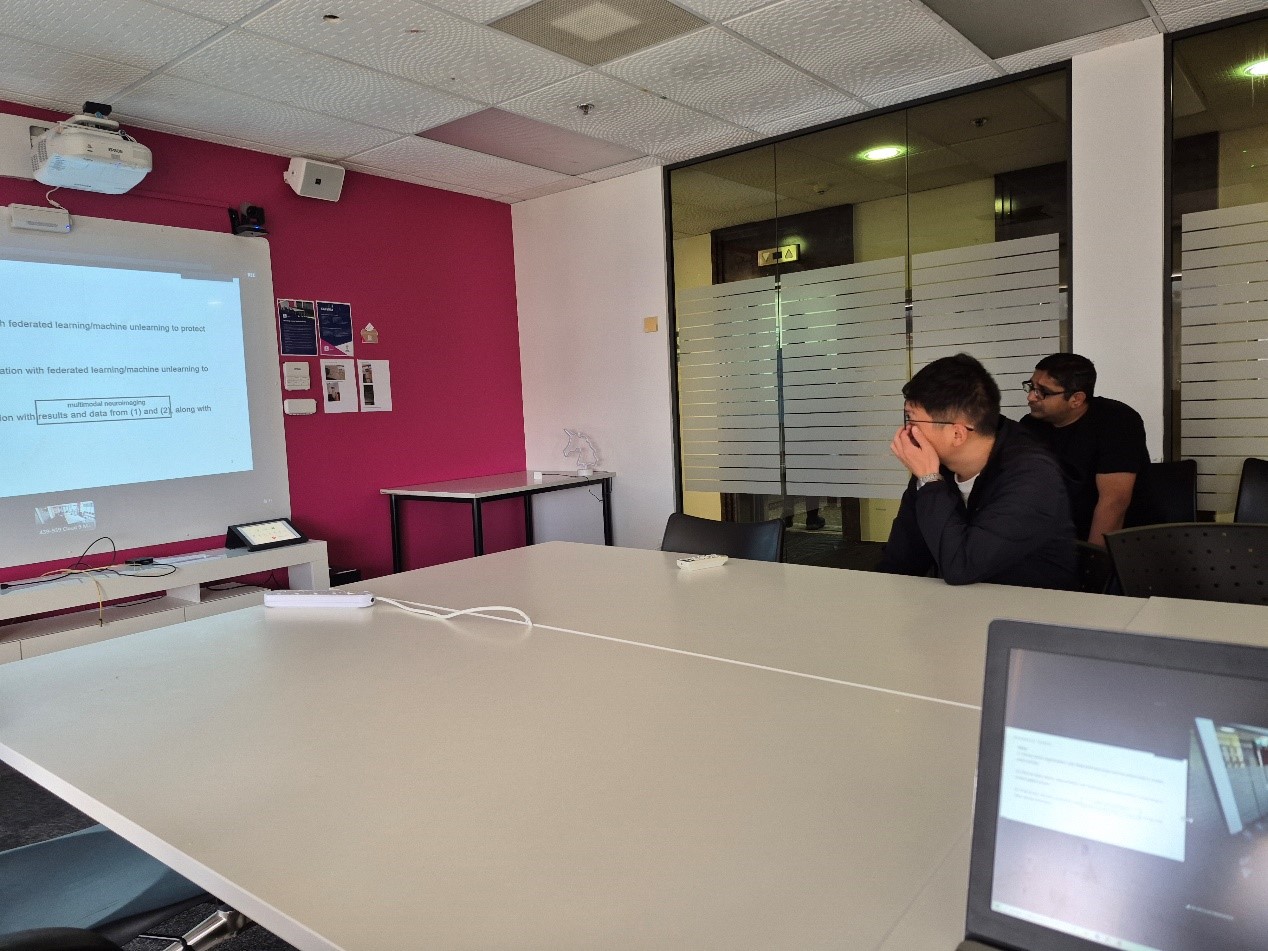
Access to Symposium: ICMMGH 2026 Symposium -- Auckland - YouTube
Ways to Participate
Venue:
Grafton Campus, The University of Auckland, Auckland 1023, New Zealand
Attend in Person:
If you want to attend the symposium on-site, please email sympo_auckland@icmmgh.org. The symposium seats are limited. Both contributors and non-contributors who wish to participate in the symposium in person need to apply to the symposium organizers.
VISA:
Welcome to Govt.nz | New Zealand GovernmentVisas and travel
Check New Zealand government websites for official, up-to-date information about travelling to New Zealand, visas, and COVID-19.
Borders and visas
Immigration New Zealand have up-to-date information for people who:
- want to enter NZ
- are in NZ
- study in NZ
- want to start a business or invest in NZ
- are NZ employers.
New Zealand-visas — Immigration NZ
COVID-19 — Immigration NZ
Biosecurity and customs rules
Find out what you can and cannot bring into New Zealand.
Bringing things into New Zealand
Travelling to NZ by air
Travellers flying to New Zealand by air need to complete a Passenger Arrival Card to enter the country, which is handed out onboard your flight to New Zealand. Travellers no longer need to complete a New Zealand Traveller Declaration to enter New Zealand — this was part of New Zealand's COVID-19 entry requirements that were removed on 20 October 2022.
Help for New Zealanders overseas
Register with SafeTravel to receive alerts about important changes to travel advice.
Official registration for New Zealanders living and travelling overseas — SafeTravel
If you need emergency help, find out who to contact and what they can help you with.
Emergency help when you're overseas
Visitor visas and the NZeTA
- Check if you need a visitor visa or an NZeTA
If you come to New Zealand on holiday, you'll need to get either an NZeTA or a visitor visa — unless you're an Australian citizen. - How to apply for a visitor visa
If you come to New Zealand on holiday, you might need to apply for a visitor visa before you arrive. Work out what you need to do to apply. - How to request an NZeTA
Find out how to request an NZeTA (New Zealand electronic Travel Authority) and how much it costs. Allow 72 hours for your request to be processed. - How to pay the International Visitor Levy
Most people visiting NZ must pay the NZD$35 International Visitor Levy. You'll pay the IVL at the same time you pay for your NZeTA or visitor visa.
NOTICE:
Should your application be denied, the organizing committee cannot change the decision of visa officer, nor will ICMMGH engage in discussion or correspondence with the visa application center on behalf of the applicant. The registration fee CANNOT be refunded when the VISA application of individual being denied.
